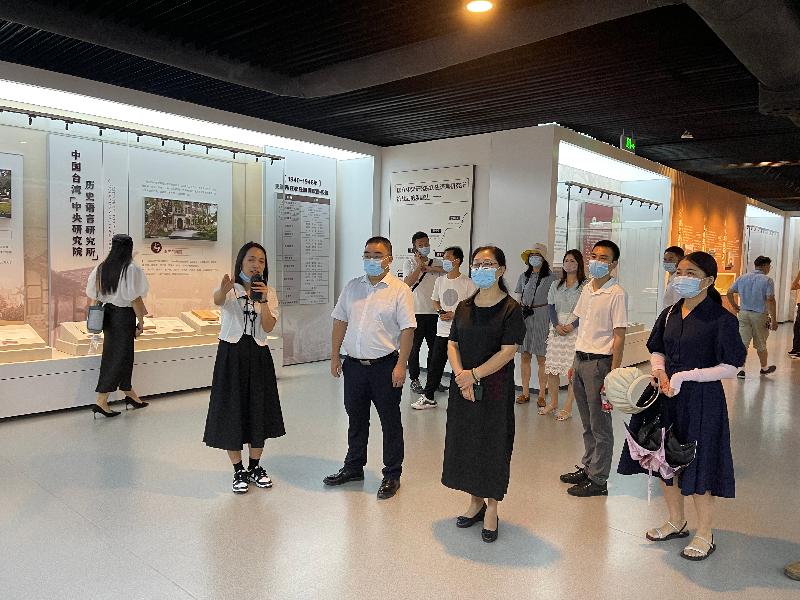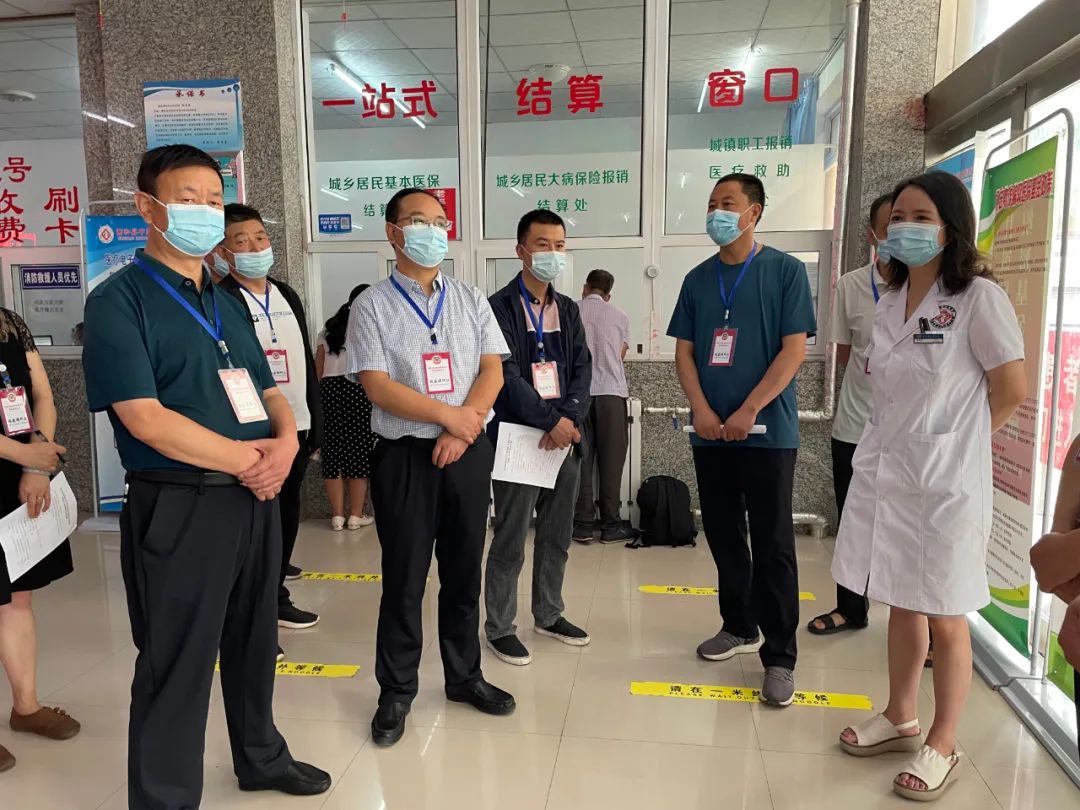For more than ten years in the frontiers, Tibet has been Tibet as the second hometown
Author:Main News in Tibet Time:2022.08.01

On July 27, Nanjing, Jiangsu, Wang Qi was interviewed.
Photo by Wang Jianing, a reporter from Beijing News
Wang Qi
Born in September 1931, joined the army in February 1949, and joined the party in Sichuan in 1950. With the Eighteenth Army of the Second Field Army, he entered the southwest of the southwest, and was one of the first female soldiers to enter Tibet. He is currently a retired cadre of Jiangsu University and a retired cadre of the retired cadre of the recuperation cadre of Nanjing in the Jiangsu Military Region.
Until many years after leaving, Wang Qi often remembered the years in Tibet.
In early 1951, Wang Qi, as a female warrior of the Eighteenth Army of the Second Field Army of the Chinese People's Liberation Army, entered Tibet with the troops. It was one of the first batch of more than 1,100 female soldiers in Tibet.
At that time, she just joined the army. The whole army can only communicate with the wireless radio and communicate with a secret code. She is the role of "translation". During the day, I walked through the army in the snowy mountains, glaciers and snow. At night, I had to step up the translation of the secret electricity of the Central Taiwan. It was dawn, and the entire face was covered with black and gray of kerosene, and his eyes became myopia.
That time is undoubtedly difficult. In the weather at minus twenty or thirty degrees Celsius, there is no fuel and no heating equipment. They fill the inner layer of the clothes with wool, and sometimes they are stained with sheep dung. Most of the time, the crops such as wheat, soybeans, peanuts and other crops are performed into a permanent food, which is the staple food of two meals a day. The boiling point of water on the plateau is low, and the food is not familiar, and it is difficult to digest. Including Wang Qi, many people have lost their gastrointestinal disease.
More than ten years later in Tibet, in 1965, in order to take care of her children, she had to leave Tibet and return to work in the Mainland. Since the 1990s, she has funded more than ten poor Tibetan students until they graduated and returned to work in Tibet.
Wang Qi said, "I went to Tibet when I was young, where I was young and sweaty. I was very affectionate about that place. It was so poor and backward in the past. Now I feel so relieved. "
"Second Long March"
The Eighteenth Army of the Second Field Army of the Chinese People's Liberation Army walked in Tibet for half a year, and Marshal Liu Bocheng was called the "Second Long March". For Wang Qi, it was the "best day" in her life. "The tempering on the road has benefited me for life, which is the best education I have received." Recalling this, Wang Qi looked firm and full of nostalgia.
She recalled that from Ganzi, Sichuan to Lhasa, there were 16 snow mountains above four or five kilometers. Before going through the mountain, she had to tight the documents and leather bags in the belt.
At the foot of the mountain, a stream blocked the road. There is a thin layer of thin ice on the single wooden bridge of the front army. She stepped across the bridge carefully. As soon as I arrived in the middle of the bridge, her feet slipped, my body was crooked, and she fell into the cold water. Fortunately, the comrades behind me caught and dragged her up.
"Finally reached the top of the mountain, the clouds were filled with the wind, and the wind hit me with Fei Xue. Suddenly, my chest tightness and panting, breathing was particularly difficult, her legs were stiff, and the sounds of click. . The bitter cooling air is forced to the whole body, the upper and lower teeth are fighting straight, the legs and feet have lost their consciousness, and the machine moves like a wooden stick. , Fat the strength of the whole body to catch up. "Wang Qi wrote in the memoir. After turning over the hills and changing her pants, her first reaction was to check the required files wrapped in the oil wrap in the leather bag. Fortunately, the file is intact.
During the distant road, the female soldiers had more physiological inconvenience. There were more than 1,100 women who entered Tibet with Wang Qi. But for a soldier, all difficulties are "episodes" on the road.
On the day when the military agency arrived in Lhasa first, Commander Zhang Guohua and Tan Guan's political commissar led the commanders of the army. Going to Himalayas. Wang Qi and his comrades -in -arms were excited, "I have burst into tears."
Forever "Second Hometown"
In 1952, Wang Qi and his comrades in Tibet fell in love with each other. The following year, their first child was born and named "Nishihara".
During the pregnancy and child, Wang Qi's gallstones repeatedly occurred, coupled with hypoxia and malnutrition, two legs were swollen. In June 1954, she and his comrades sent their children back to the Mainland. Wang Qi nailed a box with a wooden board, blindfolded with gauze on the top, and a small bedding underneath, allowing his son who was less than ten months to sleep inside.
At that time, the Sichuan -Tibet Highway was under construction and had just been built to Qamdo, and from Lhasa to Qamdo, there were thousands of kilometers of distance.
When I walked to a large river, the accident happened. Wang Qi described the river surface at the time, "The boulder is standing, the river roar, such as the horses, such as the horses, the rapids hit the boulder, the white waves are rushing into the sky, making a shocking roar."
There was a new bridge on the river. She and two male soldiers were holding horses with their mother and child daily necessities and walked to the middle of the bridge. The horses' left leg suddenly inserted into the bridge seam, and she couldn't pull it out. One of the male soldiers found a wooden stick and wanted to pry the bridge seam open, but when he pryed, the wooden bridge suddenly broke, and the three people and the horses fell into the turbulent river. Wang Qi was hard to grab the clothes of a male warrior. The two did not know how long they had rolled in the river and were blocked by the boulder before being rushed away by the water.
The next day, the team found the drowned war horse corpse in the two or three miles downstream. "And the young male warrior, we found it for two days, and did not find it. It is estimated that it has been sacrificed." Whenever he recalled this, Wang Qi always felt sore. "He was sacrificed for me, but I still don't know his name so far." 16 years later, his eldest son graduated from junior high school in junior high school. He also came to Tibet's border defense to work and served for six years. For their family, Tibet has become the "second hometown" of forever.
"Without the Communist Party, there is no everything I am."
Wang Qi always said, "Without the Communist Party, there is no New China, nor without me."
She was a childhood under the shadow of the Japanese army. One day, a team of Japanese soldiers broke into Wang Qi's home. The money and money could not be done, and her grandfather died soon.
The young Wang Qi experienced the first "giant shock" in life, "the disaster of the country, the danger of the nation, and the pain of family and childhood pain. Aspirations, we must save the country after growing up. "
After that, Wang Qi moved to several schools and insisted on studying in the war period. In 1948, after the liberation of Kaifeng in his hometown, Wang Qi also graduated from the normal school, then joined the army, was compiled into the 18th Army, and advanced to the southwest of the Great.
She remembers that they passed Nanchang and Changsha to Chengdu to prepare to besieged the last residual troops of the Kuomintang. As soon as he arrived in Changsha, Chairman Mao announced on the Tiananmen Tower that the People's Republic of China was established. Now, when Wang Qi, who is over the age of nine, recalling this period of time, he still feels excited, the tone raised as high as singing, and his eyes flickered. A magnificent life of a revolutionary woman starts from this.
In 2021, on the 100th anniversary of the founding of the party, Wang Qi took out his 300,000 yuan savings that he had saved over the years, and solemnly submitted an application for paying special party fees to the Party Committee of the Provincial Military Region and the Party Committee of the Ganxiu Institute. "Without the Communist Party, there is no New China, and there is no everything I am. I firmly shake the party's beliefs and revolutionary ideals. I don't forget to vow the party for life for the party for the party. I will always listen to the party and follow the party."
Without the Communist Party, there is no New China, nor everything I personally. I have firmly shaken the party's beliefs and revolutionary ideals. I have not forgotten the vows of joining the party for the life of communism. I will always listen to the party and follow the party. —— Wang Qi
(Source: Beijing News, Beijing News Reporter: Xu Yang)
- END -
"Yibin" Neijiang Municipal Party Committee United Front Work Department went to Cuiping District to inspect and exchange united front work

On July 8th, Liu Qizhu, executive deputy minister of the United Front Work Departm...
Xihe County CPPCC launched a research activity in 2022 democratic evaluation medical insurance work

On August 3, the CPPCC members of the County CPPCC organized members of the CPPCC ...